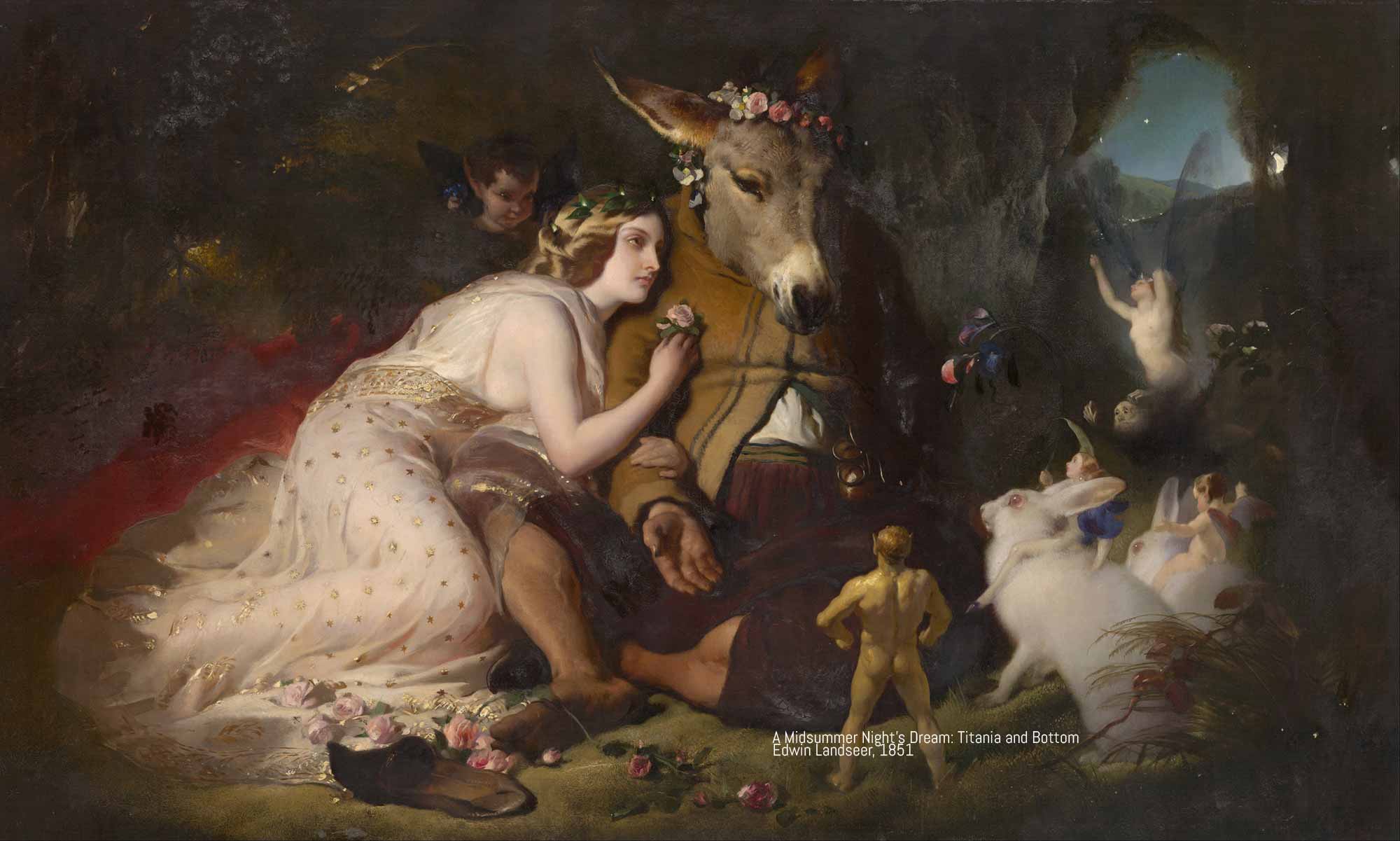San Francisco Chronicle Insight Article
Originally Published August 17, 2008
“I am something of a dreamer” – so confesses Barack Obama in the closing pages of “Dreams from My Father,” the title of which signaled his strong interest in dreaming, both metaphorical and literal. In the book, he shared two of his own dreams, each testifying to his long struggle with the morally and spiritually ambiguous legacy of his father.
Surprisingly, neither Obama’s critics nor his supporters seem to recognize the significance of what those two dreams reveal about his core values.
As he prepares to deliver his address at the Democratic National Convention on Aug. 28, the 45th anniversary of Martin Luther King’s “I Have a Dream” speech, Obama’s personal dreams provide a deeper psychological context for this key campaign moment.
The first dream occurred when he was a senior at Columbia University, a year after receiving the news of his father’s death. It started with him on a bus trip with an unknown group of people. An old white man sitting nearby informed him that “our treatment of the old test(s) our souls.” The bus stopped at a grand hotel, and the old man somehow changed into a small black girl who began playing the piano.
The trip continued. Obama dozed, then awakened (still in the dream), alone. He got off the bus and stood in front of a rough stone building. Inside, a lawyer and judge discussed the fate of Obama’s father, a captive in jail. The judge was willing to release him, but the lawyer argued against it because of “the need to maintain order.”
Then Obama stood before the door to his father’s cell. He unlocked it and confronted the man, with “only a cloth wrapped around his waist.” His father smiled and said, ” ‘Barack, I always wanted to tell you how much I love you.’ ” They embraced, but suddenly his father shrank in size, and a deep sadness overcame him. Obama tried to lead his father out of the cell, but he declined and told his son he should go.
The dream ended there, and Obama said, “I awoke still weeping, my first real tears for him – and for me, his jailor, his judge, his son.”
We would need Obama’s personal associations to make sense of all the dream’s details. But no special psychoanalytic training is required to identify his feelings of hostility toward his father, intermixed with love and sadness.
Obama narrated this dream in the closing pages of the memoir’s first part, titled “Origins.” The dream marked the end of his beginning, the initiation of his journey back to his ancestral roots, back to his father’s grave in Africa.
The second dream came during that journey, when Obama and his half-sister were traveling by train to his family’s village in Kenya. She told him a disturbing story about their grandfather and his cruelly self-righteous behavior toward others. That night, Obama dreamed he was walking through a Kenyan village filled with playful children and pleasant old men. Suddenly everyone panicked at the sight of something behind Obama; they ran for safety as he heard the growl of a leopard. He fled in a mad dash, finally collapsing in exhaustion: “Panting for breath, I turned around to see the day turned night, and a giant figure looming as tall as the trees, wearing only a loincloth and a ghostly mask.”
The detail of the loincloth appears in this dream as in the first, suggesting the giant figure’s tremendous size reflects a doubling of generational influence, the combined impact of his father’s and grandfather’s high moral demands.
If, as many dream researchers believe, one of the functions of nightmares involves the expression of unconscious conflicts between different parts of the psyche, then Obama’s nightmare can be seen as a call to greater awareness of shadow elements from his past – personal qualities he deplores in his paternal ancestors yet fears may dwell within him, too.
Again, we can’t know the full meaning of any dream without additional input from the dreamer. But Obama has told us enough in his memoir to draw at least one fairly straightforward conclusion: His dreams reveal him to be acutely conscious of the ever-present power of family tradition in his life. He may feel deeply ambivalent toward his ancestors, but he has discovered he must find a way to accept their continuing influence over him.
This suggests that Obama is perhaps more temperamentally conservative and respectful of paternal authority than most Americans assume.
Critics who portray him as an anarchist fail to appreciate this quality of his character. So, apparently, do those liberals who have been alarmed at the seeming “rightward shift” in his recent policy statements. His dreams suggest this is not just short-term electoral maneuvering but rather a reflection of a conviction that he must show respect for traditional wisdom, even as he tries to adapt that wisdom to changing circumstances of the present.
This article appeared on page G – 9 of the San Francisco Chronicle.
Link to Article Online:
“Dreams Shed Light on Obama’s Values,”
[link opens new window]
